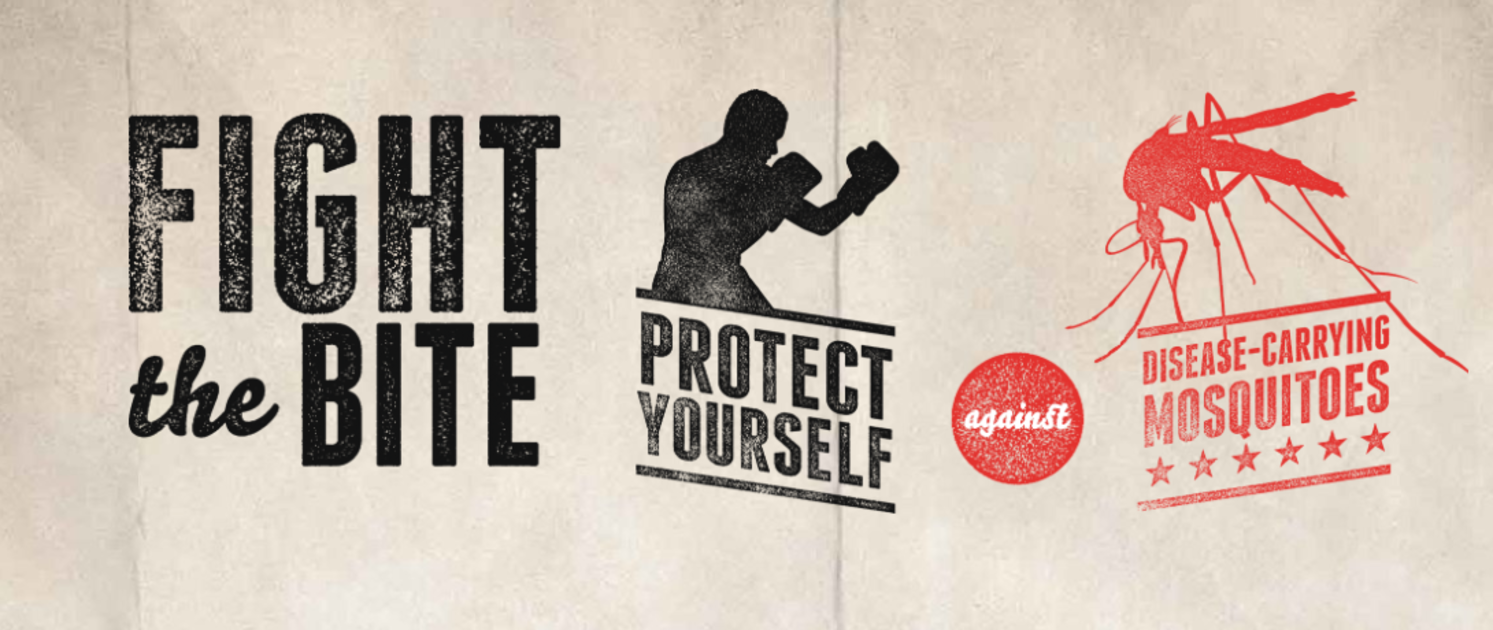Murray Valley encephalitis virus (MVEV) has been detected in South Australian mosquitoes
Fleurieu App
19 January 2023, 7:30 PM
 Fight the Bite Campaign
Fight the Bite CampaignMurray Valley encephalitis virus (MVEV) has been detected in South Australian mosquitoes, consistent with recent reports in New South Wales and Victoria.
MVEV has been found in mosquitoes caught in monitoring traps collected last week in Berri Barmera, Mid Murray, Renmark Paringa, Loxton Waikerie and Murray Bridge councils.
There have been no cases reported in humans this season but these findings, confirming that local mosquitoes carry this virus, means there is a very real risk for human disease.
The findings are consistent with other SA Health virus surveillance where positive MVEV serology tests have previously been reported in sentinel chicken flocks (Waikerie in 2020 and Meningie in 2020 and 2022). The last human case of MVEV reported in South Australia was in 2011.
Flooding impacting many parts of South Australia has led to an increase in stagnant water, which provides ideal breeding sites for mosquitoes. In addition, there are greater numbers of nomadic water birds in the state, which are the likely carriers of this virus.
Other mosquito-bourne viruses being closely monitored by SA Health are Japanese Encephalitis virus, West Nile virus (Kunjin variant), Ross River virus and Barmah Forrest virus. Very high detects of Ross River virus and Barmah Forrest virus in trapped mosquitoes have already been reported in South Australia making this mosquito season of particular concern.
While a vaccination is available for JEV for eligible people, there is no vaccination for MVEV and no cure. Whilst many people with MVEV disease can have minimal symptoms, some people develop meningitis or encephalitis with symptoms including confusion, headaches, neck stiffness, tremors, drowsiness, and seizures. Occasionally the disease is fatal.
Chief Public Health Officer, Professor Nicola Spurrier says "the best protection against Murray Valley encephalitis virus and all serious mosquito borne diseases is to not get bitten in the first place."
"There has been a large increase of mosquito populations so far this season, making the need to protect ourselves even more important."
All South Australians are being urged this season to take personal action using the Fight the Bite messages:
• Wear long, loose-fitting and light-coloured clothing, covering as much of the body as possible
• Use a mosquito repellent containing DEET, Picaridin or Oil of Lemon Eucalyptus (PMD)
• Apply repellent evenly to all areas of exposed skin, like you would with sunscreen
• Re-apply regularly, as per the label instructions
• Stop mosquitos coming indoors with mesh over doors, windows and vents
• Remove stagnant water from around your home, including fresh or salt water in puddles, bird baths, paddling pools, roof gutters, pots and containers.
Visit Fight the Bite for more information